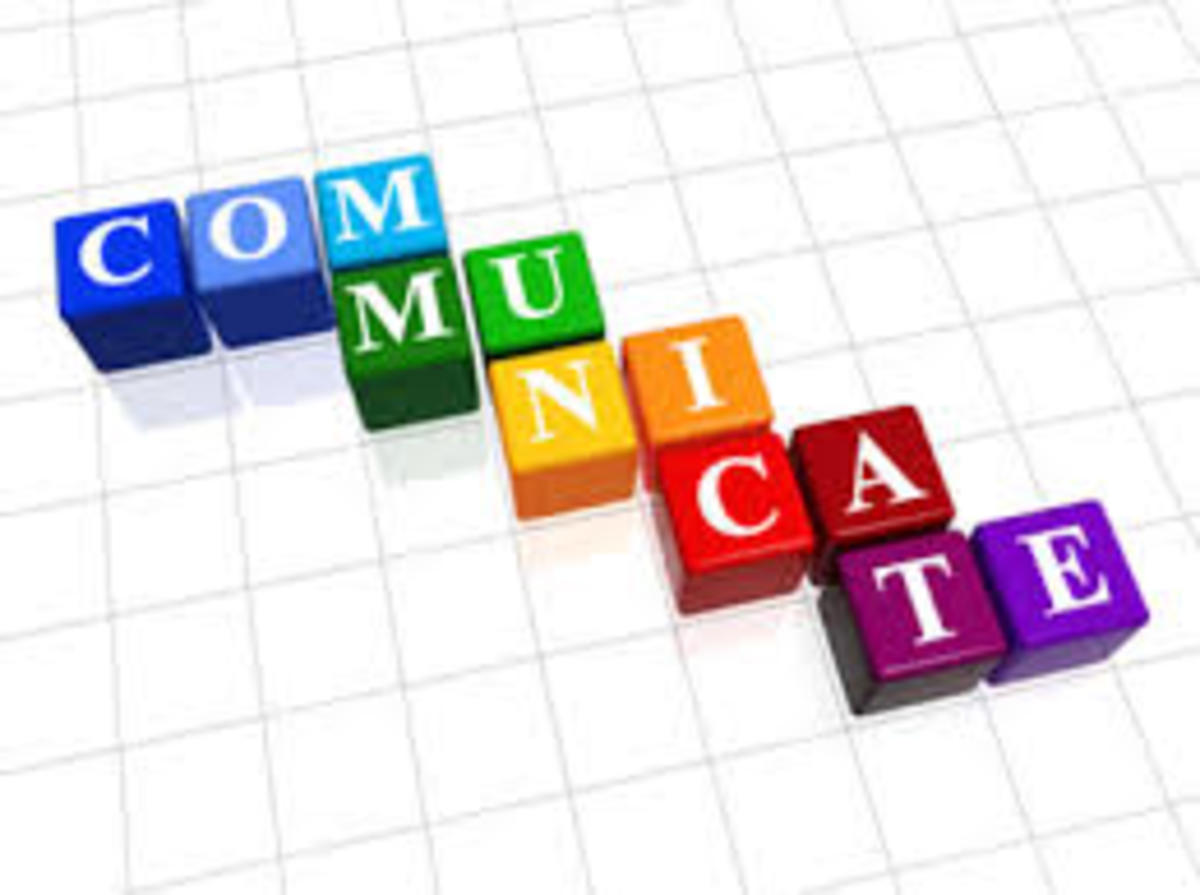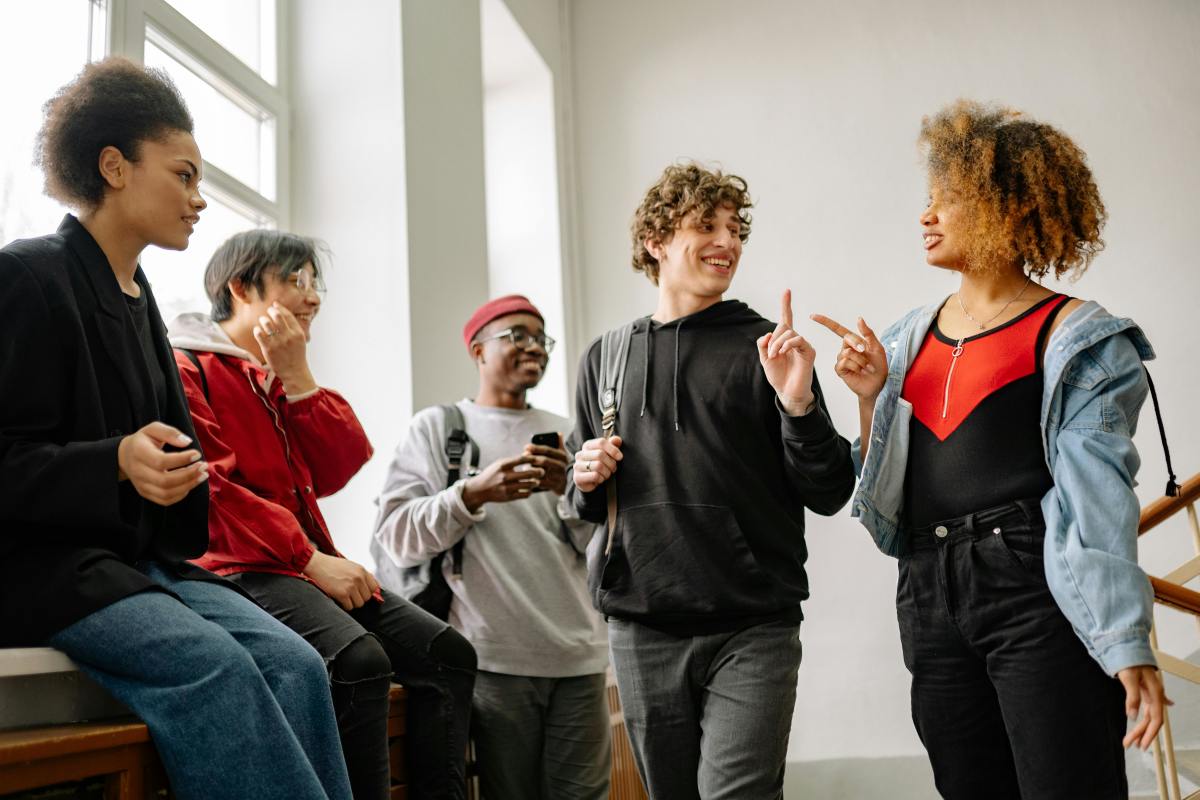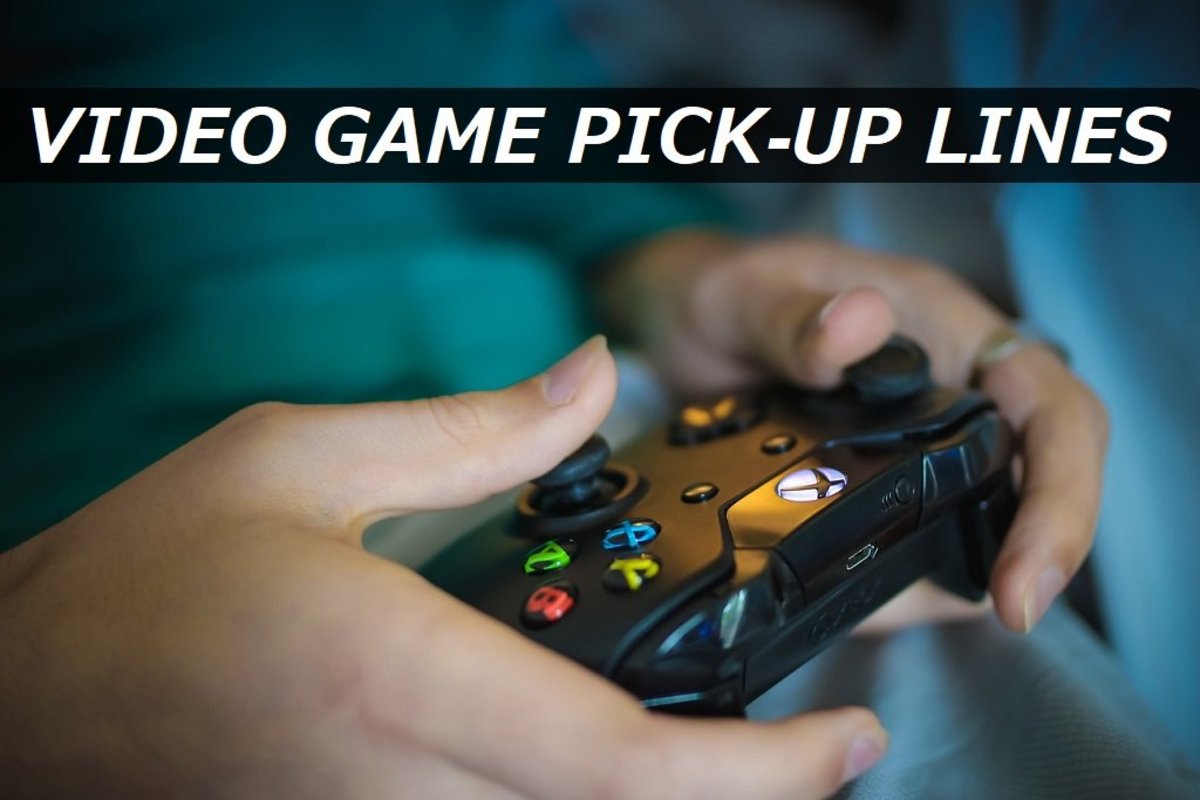10 Steps to Meaningful Communication

Being able to effectively communicate with others is what establishes and maintains relationships. Without that skill, you risk missing out on meaningful connection with others. And, what’s more, you risk losing out on job opportunities, improving your skill sets, and ways to improve the community. As the saying goes, “no man is an island,” and here’s how to improve how you interact with others.
10 Ways to Be Engaging
- Be an active AND passive listener. To do this, you have to start by giving someone your full attention - sans other activities around you. In person, it means making eye contact and hearing what is being said. And as you do, you respond with a physical reaction of some sort. It cold be a nod or even a verbal agreement. When striking up an electronic conversation (such as with texting)...well, it’s often harder to be more personable. However, it still CAN be done; it’s all in how you respond. Do you interrupt? Respond too fast or too slow? Make assumptions along the way? Curb those gaffes by waiting until the other person has reached out, and read it twice if you have to so you make sure of what they are saying before you respond.
- Make it about the other person/people. When someone is talking to you, they want the same thing you do - to be understood. You may disagree with someone, but you can always come away with learning more about them while gaining a friend or boosting your relationship by asking THEM questions for further clarification, rather than hijacking the conversation by switching over to your opinions. The important thing here is to take turns. If someone is truly interested in having a conversation, they will get around to asking you your opinion, or your help, throughout the natural progression of the interaction without your having to do it for them.
- Be yourself. Fakers can be spotted a mile away. If you feel like you have to be showboating to someone or a group of people during the course of a discussion to garner their interest, that’s a sure sign you won’t end up having that meaningful of a conversation, much less have a relationship. And really, no one ever wants to feel like they are either being paid lip service, or given empty promises when they are trying to get to know you.
- Stay in the moment. Don’t let your mind or words wander to things outside of way you are discussing; keep things relevant. Stick to the point, and if you run out of words, sometimes silence is better than making small talk. It also gives others the chance for asking YOU something, or you may mutually decide the conversation is complete.
- Use your manners. In our fast-paced world, it is often increasingly harder to maintain humility and respect for strangers as well as people we know best. But that’s exactly why manners count all the more! Do unto others as you would have done unto you, say “please,” “thank you,” “you’re welcome,” and “I’m sorry,” as needed, and be respectful of personal space. It doesn’t guarantee what you do is automatically reciprocated, but it does make it more likely to happen.
- Be consistent. Whether you have one or more contacts (personal or professional), consider your first conversation an ice-breaker. Thereafter, your conversations are all about deepening those connections , making subsequent conversations more meaningful. Note: just because you had a good first conversation, don’t assume or expect to be instant buddies. Just as it takes 30 days to form a habit, people have different levels of “warming up” to others and can feel more comfortable around you when the time is right, and not by your forcing it upon them prematurely.
- Know when to walk away. Not all heated conversations are reason to throw in the towel, and sometimes a conflict of opinions need to be discussed so that a resolution can be made - either in the moment, or eventually. But other times, people are instigators, waiting only to bait you for their pleasure. Don’t be that person, and don’t give in to such a person! If you feel threatened or disgusted, you can politely nod and excuse yourself, or decline to comment at all and seek out someone else to talk to (or do something else) instead.
- Make time for one another. Always being in a hurry can misconstrue what you’re trying to convey OR hear. However, the same can be said for beating-around-the-bush. So don’t take forever to get to a point, but don’t quickly convey something and expect immediate action. Give others the space to process and respond, so they feel valued. As a result, you will, too!
- Avoid disparaging remarks. Gossip may be fun to hear, but it never makes a relationship. At some point, that constant type of conversation can lead people to question whether you talk about them to others, and what you really think about them behind their back, and they won’t trust you (or you, them).
- Strive for good first impressions. They are sometimes the only chance you’ll ever get to make or break a friendship or job opportunity! By being friendly, courteous, intelligent, and thoughtful, you give others the chance to want to get to know you, while building your reputation among your social and professional circles.








